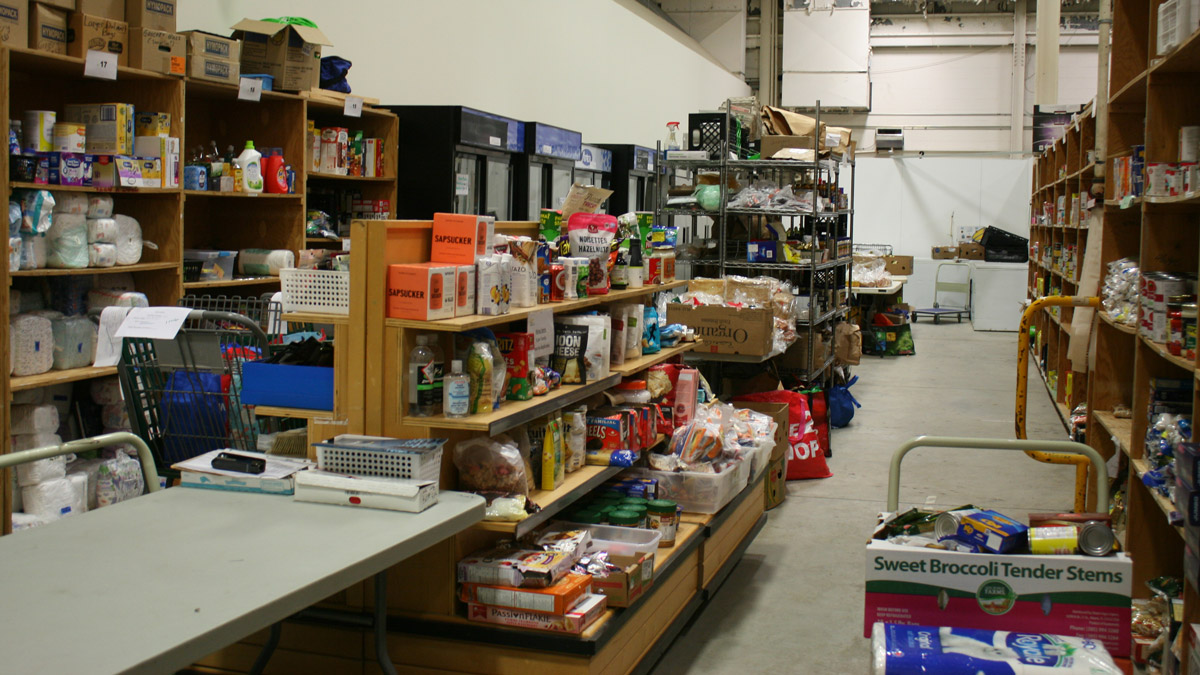The global food security has remained stubbornly poor for three straight years, according to a new UN report.
Published by five United Nations specialized agencies, the new State of Food Security and Nutrition in the World report has found nearly 733 million people faced hunger in 2023, equivalent to one in 11 people on the planet. The total is about 152 million people more when compared to 2019.
The report also found about 2.33 billion people experienced moderate or severe food insecurity in 2023. More than 860 million of those folks go without food for an entire day or more, a situation that has not improved since the COVID-19 pandemic hit in 2020.
The problem is especially acute in Africa.
One in five people in Africa experienced hunger last year, while three in five people lived in moderate or severe food insecurity.
The report highlights how the world appears to be falling short of achieving its zero hunger target in 2030, one of the UN’s Sustainable Development Goals (SDG) aimed at creating a world free of hunger.
If current trends continue, the report warns, more than 580 million people will be chronically undernourished in 2030, half of whom are in Africa.
Persisting food price inflation, climate change, and frequent conflicts are major drivers of the global food crisis.
As well, adult obesity has shown a steady increase over the last decade, up to about 16 per cent in 2022 from 12 per cent in 2012. The report estimates the world will have more than 1.2 billion obese adults by 2023.
Although Canada is in much better shape in food security, recent data has signaled a deteriorating situation.
Roughly 8.7 million Canadians, including 2.1 million children, lived in households that reported some form of food insecurity, according to the latest Canadian Income Survey. That was an increase of almost 1.8 million people from the previous year.
The number of people depending on food banks in Canada has reportedly increased.
While the world struggles with an acute food crisis, humanitarian organizations are alarmed by a global water crisis too.
The 2024 United Nations World Water Development Report says that, as of 2022, one in four people had no access to drinkable water, while two in five lacked access to safe hygienic sanitation.
Water.org considers the water crisis a health crisis, reporting a child dies every two minutes as a result of water, sanitation, and hygiene-related diseases, which could be reduced with access to safe water or sanitation.




